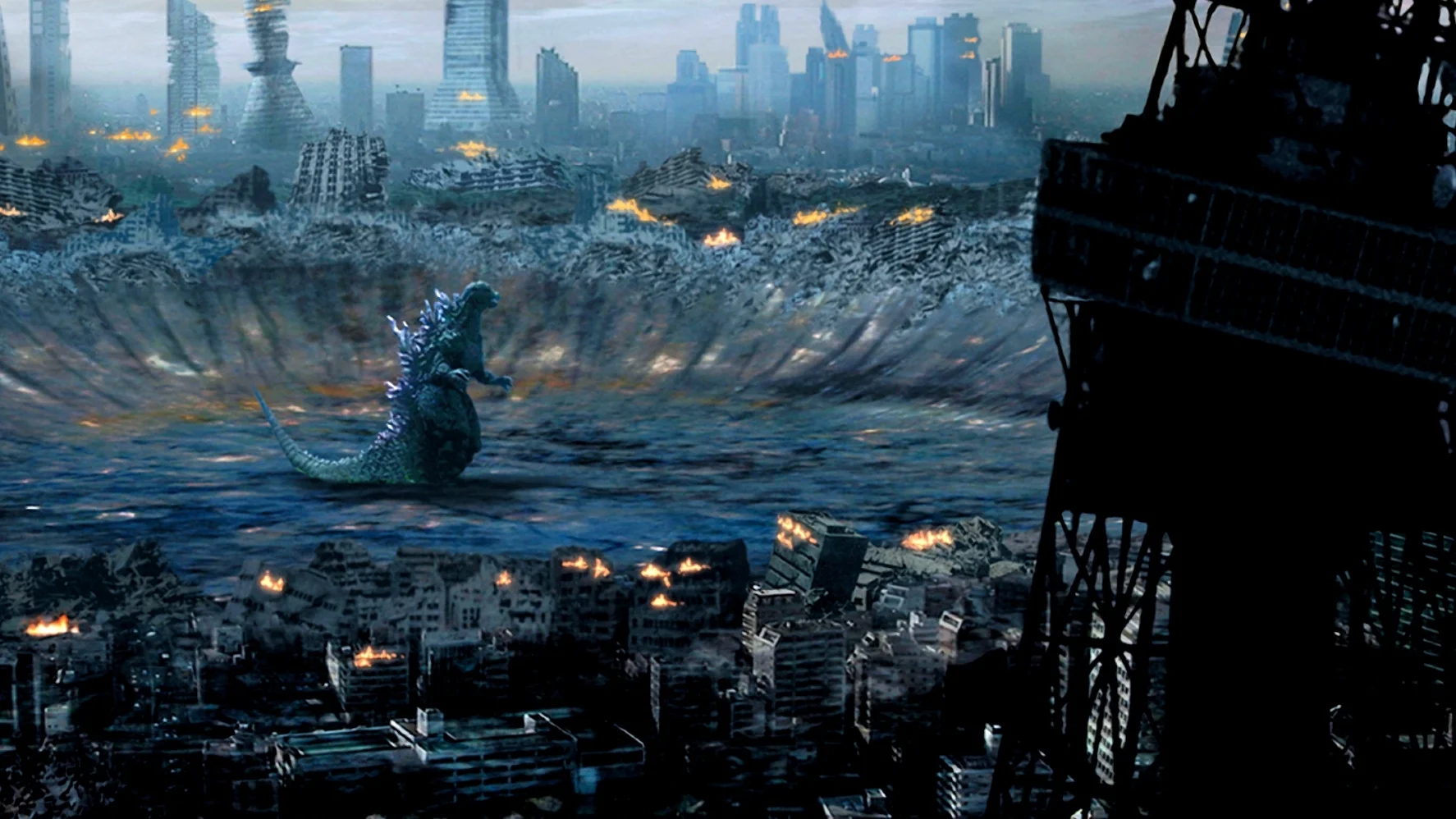Fresh Eyes: Paprika (2006)
Most people consider Inception to be a pretty well constructed and entertaining film. I am not one of those people. I think it runs about an hour too long, has a bloated second act filled with exposition that doesn’t translate well to repeated viewings, and fails to consider the ramifications of dream travel on the world outside of the central group of characters. Ever since my first viewing of Inception, I have desperately wanted a film that fixed all of these issues. Paprika, initially described to me by Matt Curione as “Inception but actually good,” is the film I wanted.
Paprika is an Japanese anime film released in 2006 and directed by Satoshi Kon. The film tells the story of a team of psychotherapists who have created a device called the DC Mini to enter their patient’s dreams and help treat them through their subconscious. One of the DC Minis is stolen, so Dr. Atsuko Chiba, with the help of Dr. Kosaku Tokita, Dr. Torataro Shima, and Detective Toshimi Konakawa, begin hunting for the stolen technology and the criminal behind the theft. Alongside this search, Detective Konakawa periodically meets with a woman named Paprika in order to try and cope with an incomplete dream of his, brought on by a homicide he is investigating. These two plotlines come together in one of the most visually impressive third acts I’ve seen in awhile, where reality and dreams become intermingled and indistinguishable.
While Paprika’s plot is immensely complicated and tightly woven, I never had any real issue keeping track of all the moving parts of either narrative, due to the film’s incredible tonal consistency and strong understanding of its subject matter. Where Inception uses the dream technology as a plot device and little else, Paprika is more interested in examining the wider ramifications on the world if this technology is unleashed. The antagonist of the film is worried that the DC Minis will corrupt the dreamscape and rob humanity of their only true place of rest in this chaotic and anxiety filled world, which an understandable worry if dream travel is a possibility. The DC Minis, therefore, become both a MacGuffin and thematic focal point for the film.
The film also draws comparisons between the dreamscape and the internet, a comparison that really struck me. At one point, Paprika says that dreams and the internet are no different, that they are both places for repressed conscious thoughts to come out and run wild. The more dreams and reality blur together, the more apt this comparison becomes, as more and more people get brought into the dream parade plowing through everyone’s subconscious, causing insane tirades and accidental suicides. This dawning of insanity in everyone connected to the dream felt reminiscent of people’s tendencies to only communicate in expletive-ridden hyperbole. The mixing of the two realms feels even more like the internet due to the constant presence of smartphones and tablets in modern society. Paprika is all the more impressive due to the fact that all of this is handled with minimal exposition and runs at a crisp 90 minutes, as opposed to Inception’s two-and-a-half hours of exposition dumps.
I didn’t intend to rag on Inception so much, but I find it difficult to discuss Paprika without comparing it to Nolan’s version of what is essentially the same story. The main difference is how Inception focuses on the individual effects this technology can have, while Paprika focuses on the grand scale damage dream travel could do. But I think the most emblematic difference between the two relates to Inception’s stinger ending. Inception ends with the possibility of the entire film being a dream, but only after rigorously keeping the dream layers defined and making sure the viewer knows how deep the characters are. Paprika constantly plays with the boundary between dream and reality, often transitioning to dreams without indicating that that has happened. So, when Detective Konakawa, towards the end of the film, ponders if reality is in fact a dream, it feels earned, because they have been flipping back and forth so consistently that even the characters would be confused. Paprika is a tightly paced, well written, ponderous look at the technology and science that Inception takes entirely for granted, and is a much better film because of it. Even if you don’t watch anime or have little interest in animation, Paprika needs to be seen by more people. Paprika deserves to be on a level of fame with Inception.













